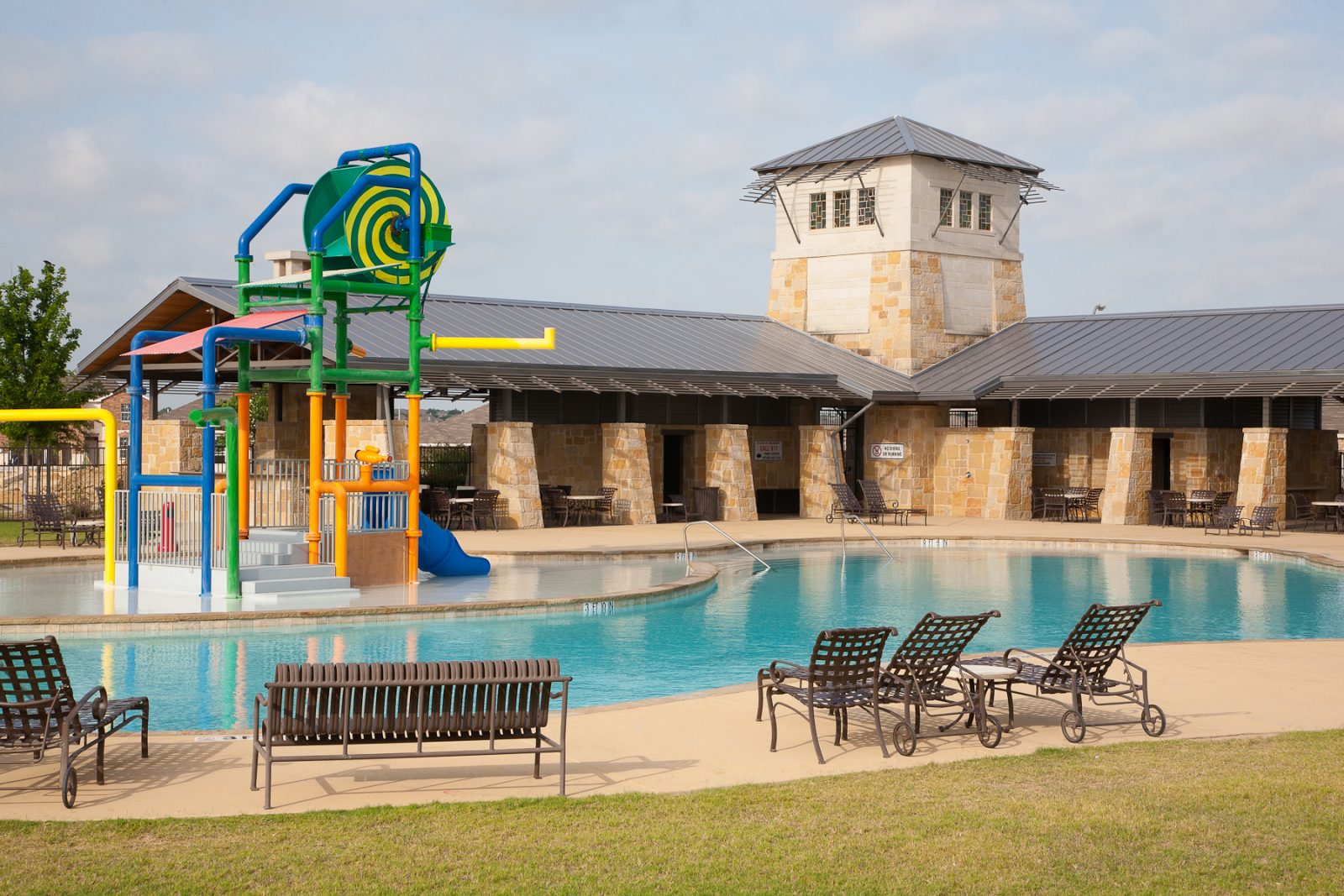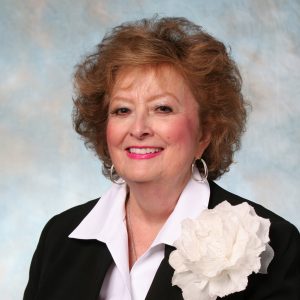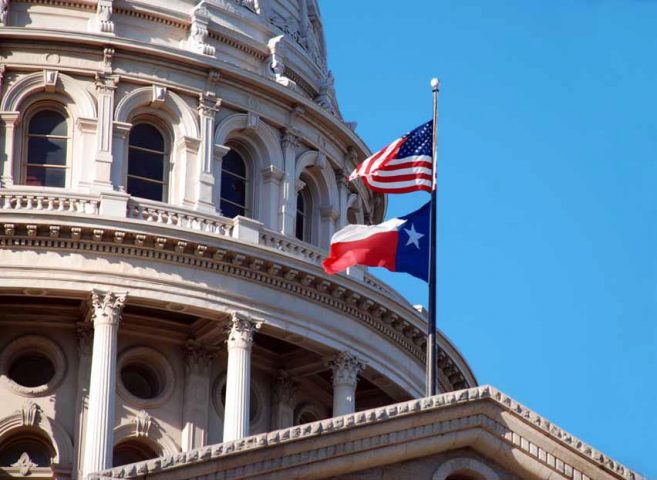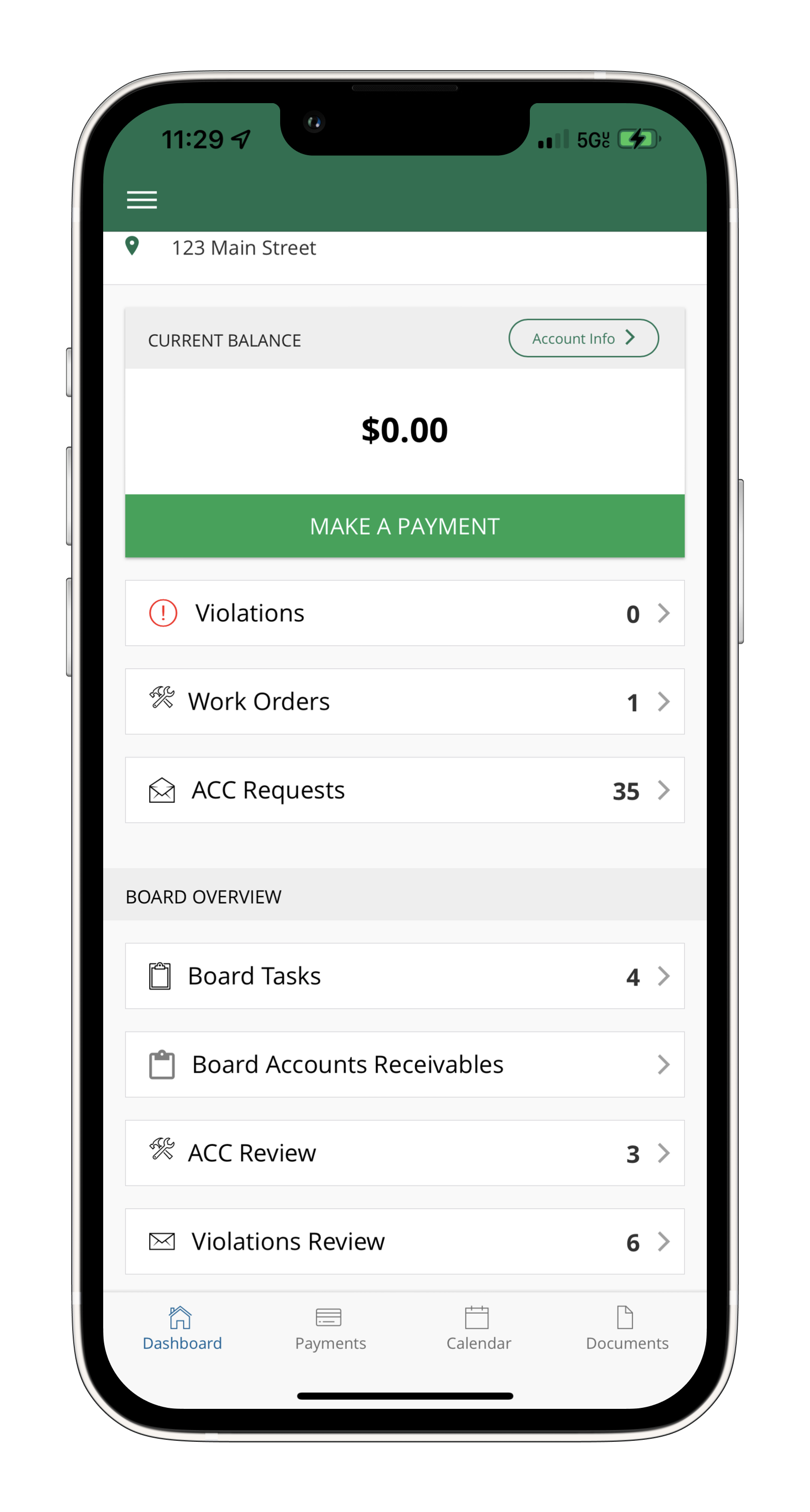


How to Deal Responsibly and Safely with Wild Animals in Your Neighborhood
September 6, 2018


What Do Experts Say about Maintaining HOA Common Area Assets? {Video Series}
October 1, 2018
HOAs are legally required to make the regular and special board meetings open to all homeowners within the community. The laws are designed to maximize the advantages of homeowners associations to their members.
Texas regulations for the conduct of HOA board meetings have undergone changes in several past legislative sessions. Under the state property code, HOAs are legally required to make the regular and special board meetings open to all homeowners within the community, as well as legally assigned representatives. These meetings, in which the business of the community association is conducted, are not “open†to anyone else, including attorneys, lawyers, the media, or the general public.
The laws are designed to maximize the advantages of homeowners associations to their members. Open meetings have several benefits:
- A forum for gaining buy-in and consensus from homeowners before the board makes key decisions affecting a community
- Encouraging face-to-face communications and relationship building between homeowners, and between board members and the community
- Enabling homeowners to dialogue with the board and other community members about relevant issues
- Enabling the board to inform community members about unclear issues, or rationales for decisions and initiatives
- Disclosure of facts for the record in order to prevent misinformation from spreading online through social media, or verbally through the community grapevine
Boards do reserve the right to adjourn an open meeting and reconvene in a closed session under certain conditions. When this occurs, homeowners can attend the regular board meeting, but not the closed meeting.
A board’s right to hold a closed executive session is limited to the discussion of these issues:
- Personnel matters
- Litigation
- Contract negotiations
- Enforcement actions
- Confidential attorney communications
- Matters involving the invasion of owners’ privacy
- Matters involving parties who have requested confidentiality (if the board has agreed to honor that request)
Though closed sessions provide the board with an opportunity to work on issues in a private forum, the content of these forums is not ultimately private. Any decisions made in closed executive sessions must be summarized orally in general terms, and recorded in minutes, including any expenditures approved. Boards must keep written minutes as a record of each special meeting (as they do with regular meetings) and provide owners with access to the approved minutes.
The provisions in Texas’ laws were formulated after years of studying how HOAs work and what they need in order to be optimally effective for their members. We believe Texas lawmakers have struck the right balance between openness and confidentiality.


Judi Phares
President and CEO of CMA. She is a member and past President of the Dallas-Fort Worth chapter of CAI, and chaired the Community Association Managers International Certification Board (CAMICB). Phares also served as past Chair PCAM® – Ethics Committee and is past Chair of the Texas Community Association Advocates, Inc., the public policy voice for property owner associations in Texas, as well as being previously involved in the PCAM program as an instructor.
Phares was honored as a recipient of the Prestigious Barbara Keenan Byrd Award for her Exceptionally valuable contribution to Community Association Management Certification. Her company, CMA, is the winner of the prestigious American Business Ethics Award and the Greater Dallas Business Ethics Award, which honor companies that demonstrate a firm commitment to ethical business practices in everyday operations, management philosophies, and responses to crises or challenges.







